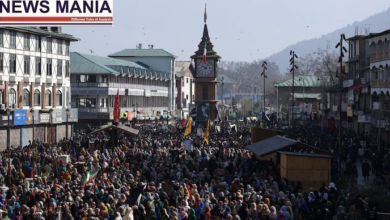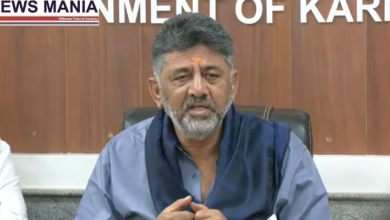Fighting For Religious Conversion That Is Not Voluntary: Faith And Freedom

Long-running legal battles to prevent forced conversions are taking up vital court time. A so-called Public Interest Litigation (PIL) that asks the Supreme Court to take action to prevent fraudulent conversions in the nation is currently being heard. The Gujarat government, not wanting to fall behind, is attempting to end a ban on a section of its anti-conversion law that calls for prior approval from a district magistrate for any conversion carried out directly or indirectly. The Gujarat High Court correctly overturned Section 5 of the Gujarat Freedom of Religion Act, 2003, and also put a hold on other provisions that the proponents of the law had hoped would apply to interfaith marriage. incorrect conversion. The high court had
highlighted that in contrast to Supreme Court decisions holding that marriage and faith entailed a person’s choice, the requirement of prior authorization would force one to divulge one’s religious beliefs or any change in belief. Is. Gujarat makes the odd assertion that the ban on Section 5 is also impacting genuine interfaith weddings, which do not entail fraud or pressure because people who enter such marriages are typically unable to do so. It is based on the argument that requesting permission in advance eliminates the need to speculate about the true nature of any conversion that might result from an interfaith union.
Nobody will believe the assertion that the clause permits voluntary conversion. Only when there are no questions asked or suspicions harbored just because an interreligious marriage has occurred is religious freedom guaranteed. The right to freedom of conscience and privacy are both violated when someone is forced to disclose their desire to change their religious affiliation, according to common sense. The requirement of prior permission from the State Government as part of the ongoing hearing on the PIL against religious conversion has also been waived because a separate appeal against the interim orders of the High Court staying the provisions is pending before the Supreme Court. No petition asking for revival was required. On the bigger picture, the Supreme Court’s judgment that conversion motivated by greed or altruism is a serious concern shows how eager the government is to implement anti-conversion policies at the federal level. It is debatable whether courts should take into account exaggerated claims of fake conversions occurring widely across the nation, instead relying on the states to determine the scope of the issue and safeguard religious freedom and social peace. Make a move.
News Mania Desk






